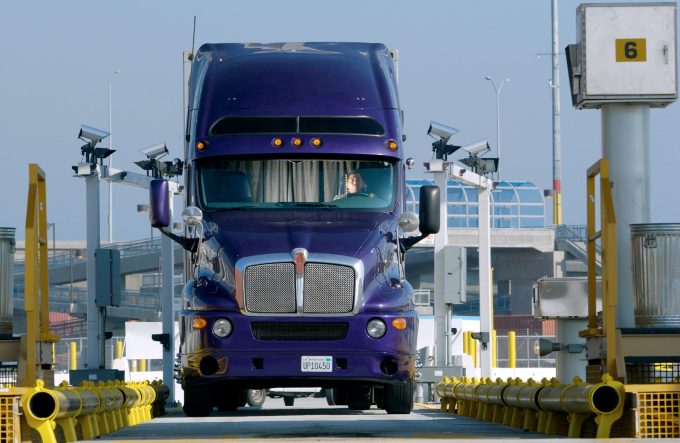US shippers face another round of re-evaluating their trucking strategy
For the first time in over a year spot rates in the US trucking market ...

After two years of rapid growth, the number of US trucking operators is set to shrink as a result of takeovers and strong financial headwinds for small operators.
And it could turn into a rout if spot rates continue the steep decline of recent months.
Since June ...


Comment on this article